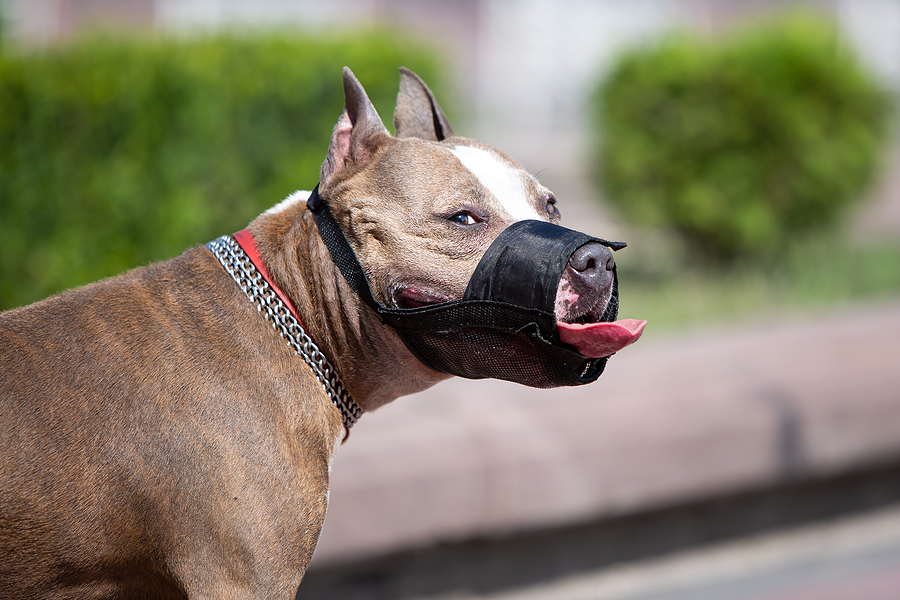
Even though just about everybody loves dogs, there are too many instances where they don’t love us back. The consequences of a dog bit can be terrible, ranging from trauma to potential lifelong disabilities to even death. Victims of dog bites can often pursue compensation in the form of a lawsuit, which can help offset the daunting expenses that can result from an attack.
However, in order to have the best chance of success, a victim has to produce the evidence needed to prove their case.
At Sand Law, we have years of experience doing just that, uncovering the evidence needed to provide the best possible representation to clients who have suffered severe injuries due to dog bites.
Some people might be hesitant to pursue legal action, because the owner of the dog could be a family member, a close friend or a neighbor. But we won’t necessarily be pursuing the assets of the dog owner. Rather, we’ll target his or her homeowner’s insurance policy.
Please get in touch with Sand Law to speak with one of our attorneys. You can obtain a free case review by contacting us online or calling 651-291-7263.
Why Evidence is Important to Your Claim
In order to succeed in just about any type of lawsuit, plaintiffs need evidence. A dog bite case is no exception. Typically, you’ll have to prove that the dog caused your injury. That means producing medical records. You may also have to show you had the right to be in the area where the attack took place. If you were trespassing, you might not have grounds to file a lawsuit.
There’s also a chance you will need to show that you didn’t provoke the dog. Otherwise, you – not the owner – might be responsible for the injuries you suffered.
Types of Evidence Commonly Used in Dog Bite Cases
There are many kinds of evidence that can be used to your benefit in a dog bite case. Here’s some information on just a few of them.
Photographs and Videos
These are among the strongest pieces of evidence you could provide to strengthen your case. You should take pictures of the bite marks, the dog, and any other evidence you can find at the location of the incident. For example, the dog could have broken through a fence and attacked you. A picture of the fence could go a long way toward helping you succeed in your lawsuit. Take pictures of any torn clothing that may have occurred as well.
As important as it is to produce this photo or video evidence, it’s just as important to gather it as soon as you can. Take pictures of the broken fence before the owner has time to fix it. Keep your torn clothing exactly as it is. Don’t wash it, because that could destroy DNA evidence from the dog.
If the dog is back in the yard, see if you can take videos of any barking or other kinds of aggressive behavior. This could have a powerful impact should the case go to a judge or a jury. At the same time, however, you have to be very careful when taking this kind of video. The last thing you want to do is to jeopardize your health even further.
Breed Characteristics and Information
There are some instances where a court will take the characteristics of the breed of dog involved in the attack into consideration. But there are other cases where courts have excluded this type of information, making it inadmissible.
The media tends to paint a certain type of picture when it comes to some dog breeds. Pit Bulls, for example, are portrayed as being much more aggressive and dangerous than, say, Golden Retrievers. These stereotypes will oftentimes be ignored.
The reason is that science shows that heredity typically plays only a minor role in determining whether or not a dog is going to be aggressive. Other factors are much more important, including the way a dog was trained and socialized as a puppy.
Any Previous Cases with the Same Dog
It can, however, sometimes be helpful to show that a dog has previously exhibited aggressive behavior in a similar situation. Did the dog have a history of unpredictability around people when approached? Was the dog aggressive in general, barking in an aggressive manner when anyone walked past the yard in which they were kept?
The Victim’s Statement and its Credibility
A victim’s statement may be very hard to prove in court. After all, the victim is usually the only one around when a dog attack takes place. However, if the defense questions your credibility, your attorney could call on the physician who treated you. That doctor could testify that the injury could only have been caused by a dog bite based on the following:
- The spacing of the puncture wounds.
- The type of any infection that occurred.
- The depth of the wounds that were suffered.
Expert Testimonies by Canine Professionals
A skilled attorney can also call in experts who can testify on your behalf. They can provide scientific or technical opinions that can strengthen your case. This can sometimes, though, be a bit of a slippery slope. A lawyer needs to be very careful to choose the right expert.
An expert could inadvertently cause the jury to believe that the state of mind of the dog, rather than the owner’s negligence, led to the attack. That could, as a result, severely damage your case.
Used correctly, however, an expert such as an animal behaviorist could be a significant help. He or she, for instance, can convince the court that the dog was dangerous, and the owner should have been held to a higher standard of care in order to manage the dog’s behavior. The expert should also focus on the behavior of the specific dog, rather than stating stereotypes about the breed in general.
Hire an Expert Dog Bite Attorney to Help Win Your Case
Even though you might think a dog bite case would be easy to win, there can be a lot of nuance involved, as you can see. You need to have an attorney on your side who knows how to navigate the complexities, and has a track record of success in this type of a lawsuit.
At Sand Law, we have the skill and experience needed to provide you with the best possible chance of obtaining the compensation to which you are entitled. Please schedule a free consultation by calling 651-291-7263 or using our online form.

